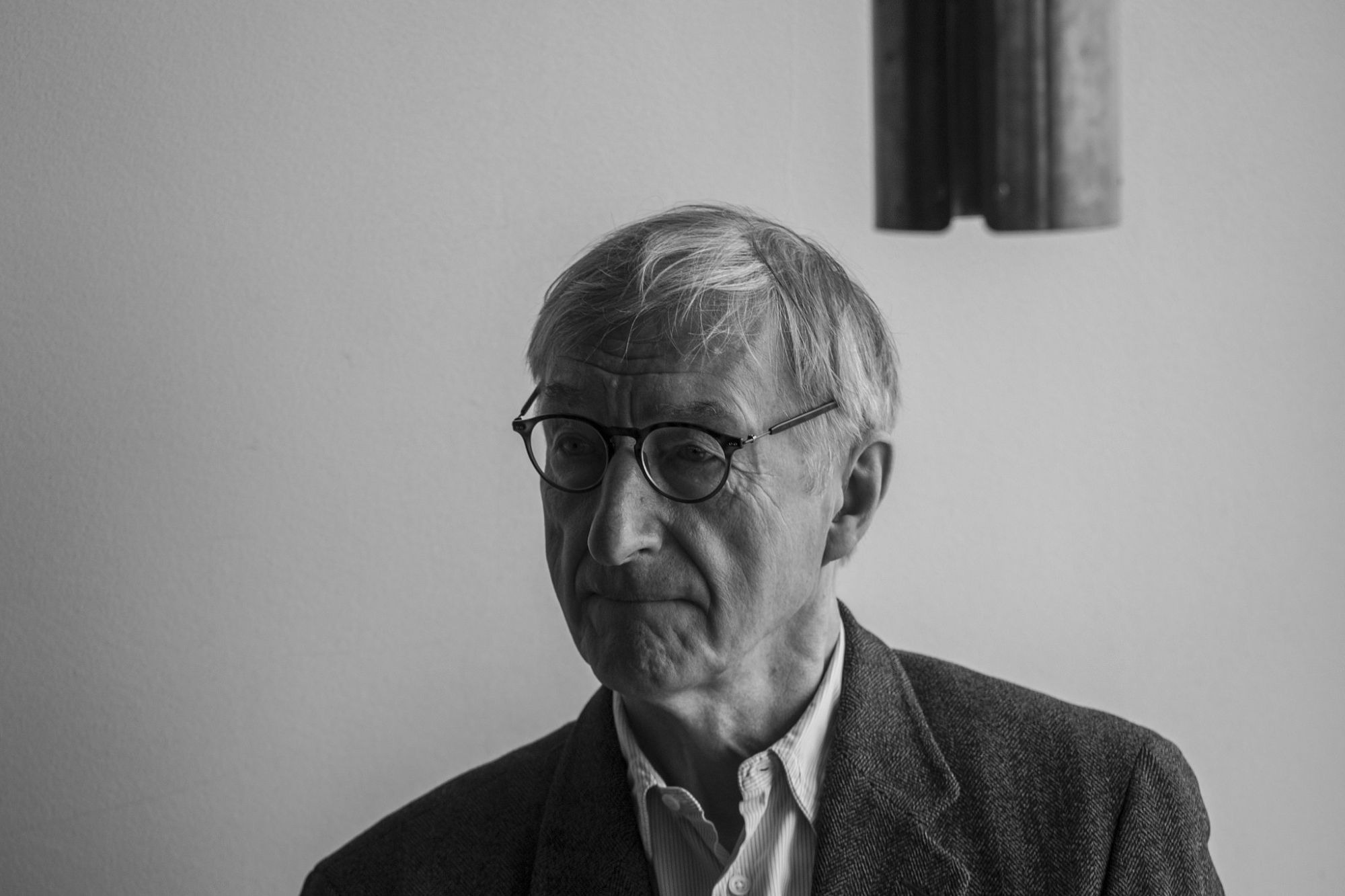Julian Barnes reminds us to keep asking ourselves: What if I'm wrong?

Changing My Mind (Notting Hill Editions) by Julian Barnes
Shortly after the last US election – of whose outcome I had felt so certain, and had been so wrong – came a moment of personal crisis. I had thought the obvious next step of progress would be backward, away from the brink of chaos. Instead, it seemed the opposite was happening, that we were edging closer to existential oblivion: fire, flood, mass oppression, economic ruin, the dissolution of public structures, nuclear war.
There seemed to be a global consensus that change was needed – the haves and have-nots both yearning for a different life, sometimes aligning their principles, sometimes not. I had felt certain that it was through my personal tenets – a commitment to democracy, liberal values and fundamental rights – that the better life was to be had for all. Yet it seemed that the majority of voters in the US, and in many other countries around the world, held beliefs to the contrary that may have been just as strong.
Then came a second, even more destabilising thought: what if, under the auspices of our current, dissatisfying, trickle-down meritocracy, things did actually get better? What if, under President Trump, we did not inexorably slide into a more dreadful world, but a better one? What if the values I held as elemental were actually, in some way that I could not divine, preventing the society I envisioned from coming to fruition? What if I was wrong about everything? Was I prepared to change my mind?
Julian Barnes’ new essay, Changing My Mind, tackles this dilemma in a short intellectual memoir. He examines his own changing mind through the themes of memory (he decides it’s not like a lost-luggage department, but a feat of imagination), language (it’s not a set of rules, but a loose framework for being understood) and politics (he’s not become more left-wing, he tells us, but the centre has moved to the right). These more abstract discussions are followed by a chapter on books, detailing a positive about-turn on Belgian writer of detective novels Georges Simenon (“I do now believe he should have won the Nobel Prize”); and – from a writer who will be turning 80 in January of next year – a reflection on time and ageing, in which Barnes concedes that adults, “whatever those are”, never have known and never will know what they’re doing.
In all cases, these shifted opinions involve a great deal of rethinking, rereading, reconsidering. Barnes’s mind never changes in a vacuum, but is aided by his willingness to return again and again to matters that displease him. He is as eloquent and self-questioning as ever in the dissection of his ideological journey. His internal struggle reveals a moderate liberal certain only of eternal oblivion after death, and the benefits of sport and literature.
Changing My Mind reminds us that humility, like a muscle, atrophies without use. For the moment, with the state of global affairs being what they are – no less existentially perilous than before November 2024 – rethinking my own ideology doesn’t seem necessary. But then, changing one’s mind rarely does. Political turmoil and evolution aren’t quite on a par with most instances of mental reassessment: the fact that I once detested olives, and now love them, for example, even if the process at work is the same. Despite the inevitability of being wrong, it’s customary to employ a kind of mental gymnastics to re-reason our already held beliefs to suit the circumstances: I didn’t hate olives, I was just eating the wrong kind! We preserve our self-respect through such contortions.
And so, changing one’s mind is almost always a private event, done in secret, with the lights out, and half taken up with finding reasons and excuses to convince ourselves that deep down we’ve really always been aligned with this new idea. “What if I’m wrong?” is not a thought one can keep up all day; it would send anyone to the loony bin. But, as Barnes has the courage to show in his latest book, it must be tested regularly, and kept accessible enough to be employed at the ready, lest we find ourselves inexplicably, but undeniably, mistaken.
This article is from New Humanist’s Autumn 2025 issue. Subscribe now.

